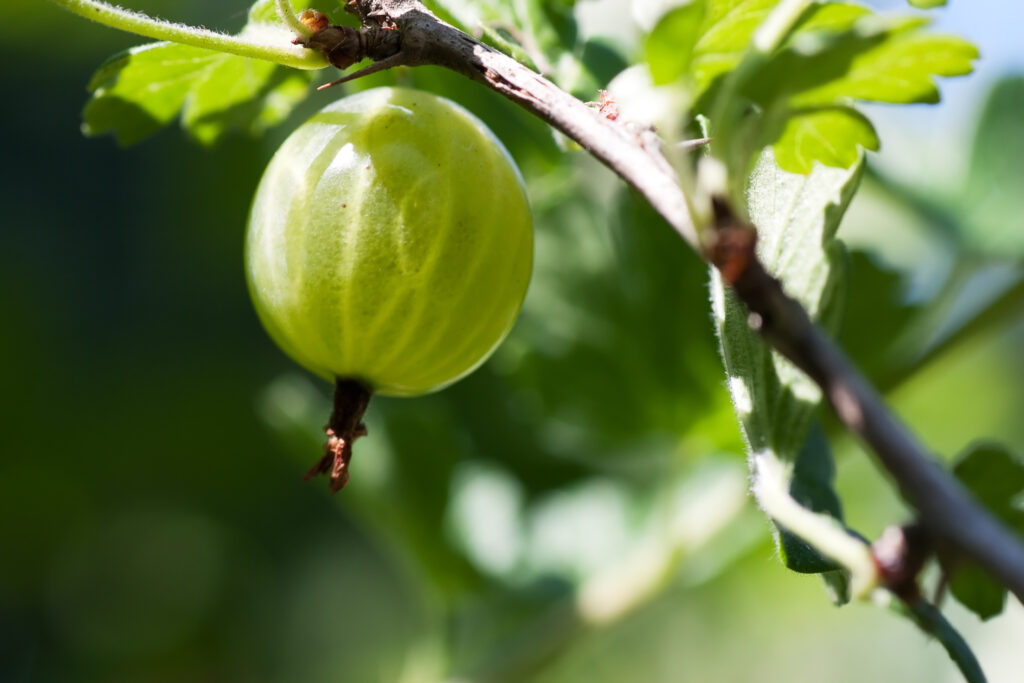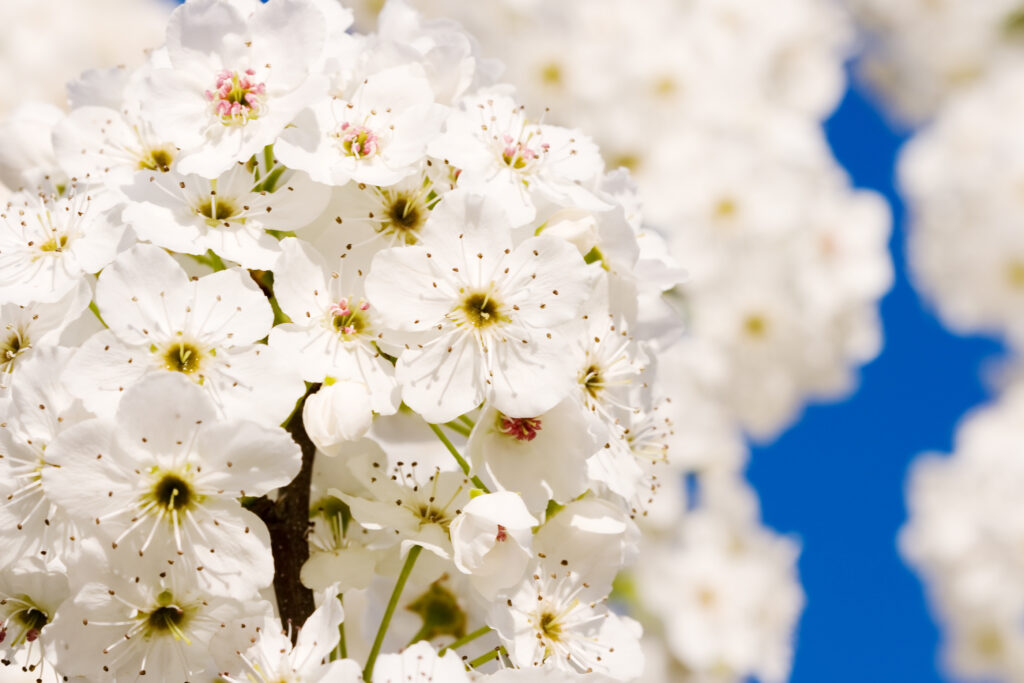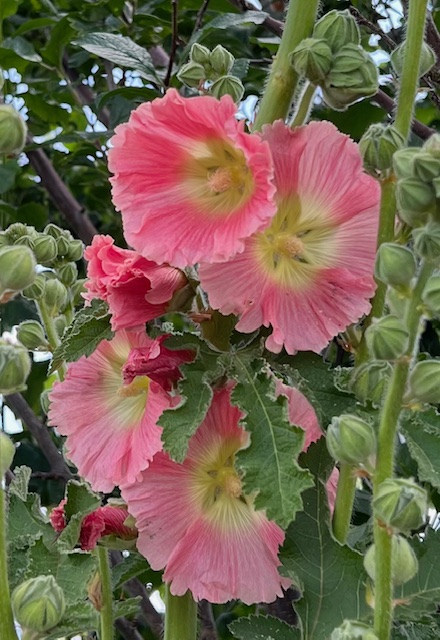Managed well, an allotment provides an abundant supply of fresh fruit and vegetables, helping growers to cut their food bills. In the UK, the cost of renting an allotment can vary considerably, ranging from as little as £12 per year in some areas to over £100 in others. Nevertheless, with an average weekly grocery bill for a family of four coming in at £132, it is easy to see how growing can be an effective means of helping families to save considerable sums.

In addition to enabling growers to cut costs, allotmenteering creates scope to grow uncommon and exotic crops. Lesser-known produce growers are experimenting with these days include tomatillos, bottle gourd, jostaberry, kohlrabi, sweet potatoes and cape gooseberries. Even the common gooseberry is a relative rarity in the shops these days. However, on the allotment it represents a relatively easy-to-grow, low maintenance crop.
Regular gardening sessions help participants to improve their physical fitness and build stamina. Rather than spending hours at the gym, digging, raking and turning compost are activities that provide tangible rewards in the form of plentiful produce. Allotmenteers participate in aerobic exercise without forking out for a gym membership, their efforts not only helping to build muscle strength, but culminating in a plot to be proud of and a year-round supply of healthy, nutritious produce to further improve their health. For people with debilitating illnesses, gardening has also been shown to help improve speech, motor and cognitive skills.

Simply getting out into the fresh air and sunshine helps boost wellbeing by increasing vitamin D levels, lowering blood pressure and helping to stave off common mental health problems like stress, depression and anxiety. Spending time focusing on sowing, weeding and nurturing crops can go a long way towards improving mood. During the Covid-19 pandemic and beyond, many growers came to see their allotment as their safe haven, helping them to escape a negative headspace by getting them outside, working with the soil, nurturing their plants. According to research by the University of Sheffield, allotment gardening has measurable wellbeing benefits through knowledge exchange, emotional connection with the allotment, the sharing of surplus produce, and aesthetic delight in the natural world.
Maintaining an allotment encourages families to eat healthily, consuming delicious, nutritious food. By growing their own, families are more likely to hit their recommended five a day. The sense of accomplishment from harvesting produce makes it more appealing to eat what’s grown, particularly for children, potentially instilling lifelong healthy eating habits and encouraging children to widen their palates by trying new things. Recognising this, many schools are launching their own garden clubs, helping children to learn about the fascinating journey from seed-to-plant-to-plate and coaxing families to start experimenting at home.
From an environmental perspective, allotments are hugely beneficial, eliminating the need for produce to travel thousands of miles from the field to the distributor to the supermarket to the consumer. In addition to driving down airmiles and carbon emissions, growing your own reduces the need for packaging, lowering plastic waste. Growing organic vegetables benefits the environment by limiting the amount of pesticides and other harmful chemicals in the soil.

By planting bee-friendly flowers, growers support local bee populations. Indeed, allotments provide a haven for wildlife, with the Allotment Society suggesting that just one square metre of land can support hundreds of wildlife species, without which our ecosystem would suffer. Although not all critters are grower friendly (read slugs and snails), everything has its place in the ecosystem. For every pest there is a predator. Far better to focus on securing a natural solution by enticing more wildlife in.
While allotments are often associated with older members of society, particularly men, in reality, the demographic has broadened significantly over the years. Today, less than half of all plot-holders are retired, on average, with the proportion of women allotmenteers rising rapidly.
Across the UK today, from the elderly to the new age of ‘digital nomads’, people are becoming increasingly isolated, living, shopping and now working from their own homes, with less and less opportunities for in-person interactions. While gardening presents an opportunity for peaceful solitude, it can also be enjoyed as part of a community, helping people to increase their sense of social connection. Allotments are a great way of bringing people together, particularly families, getting everyone up off the sofa, enjoying the outdoors. Today’s allotments present scope for growers to connect with individuals from all walks of life, instilling a sense of community along with a desire to help each other.


Leave a Reply